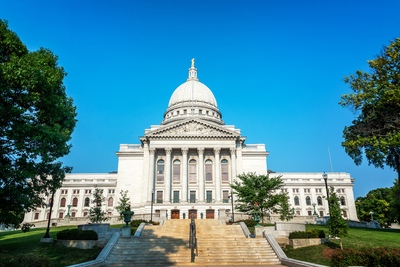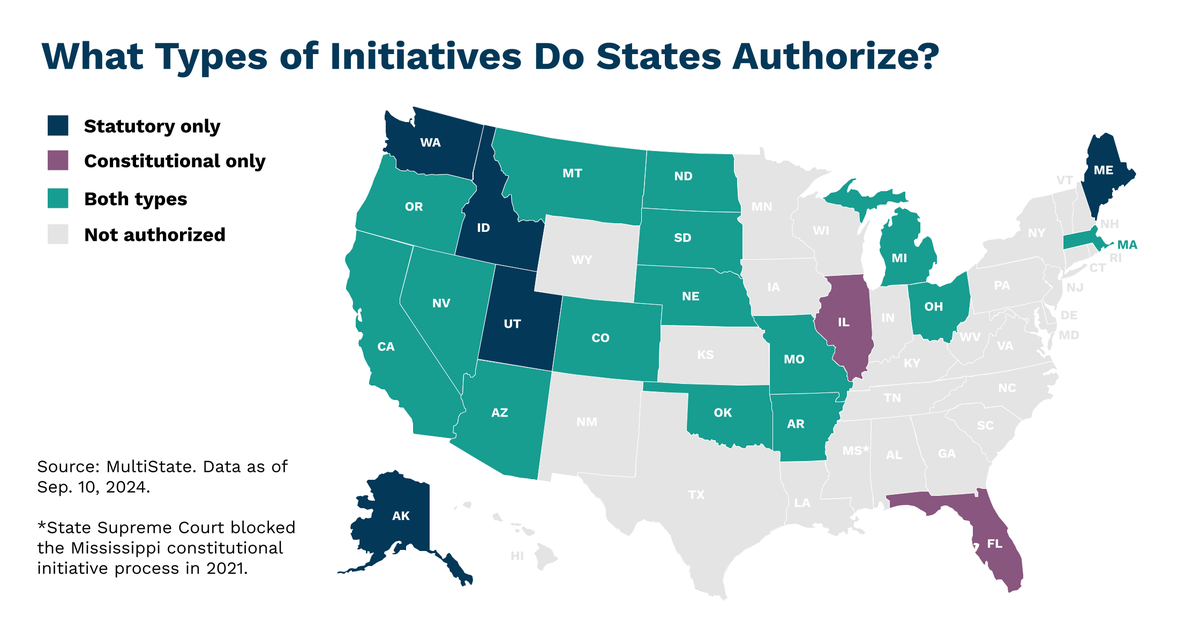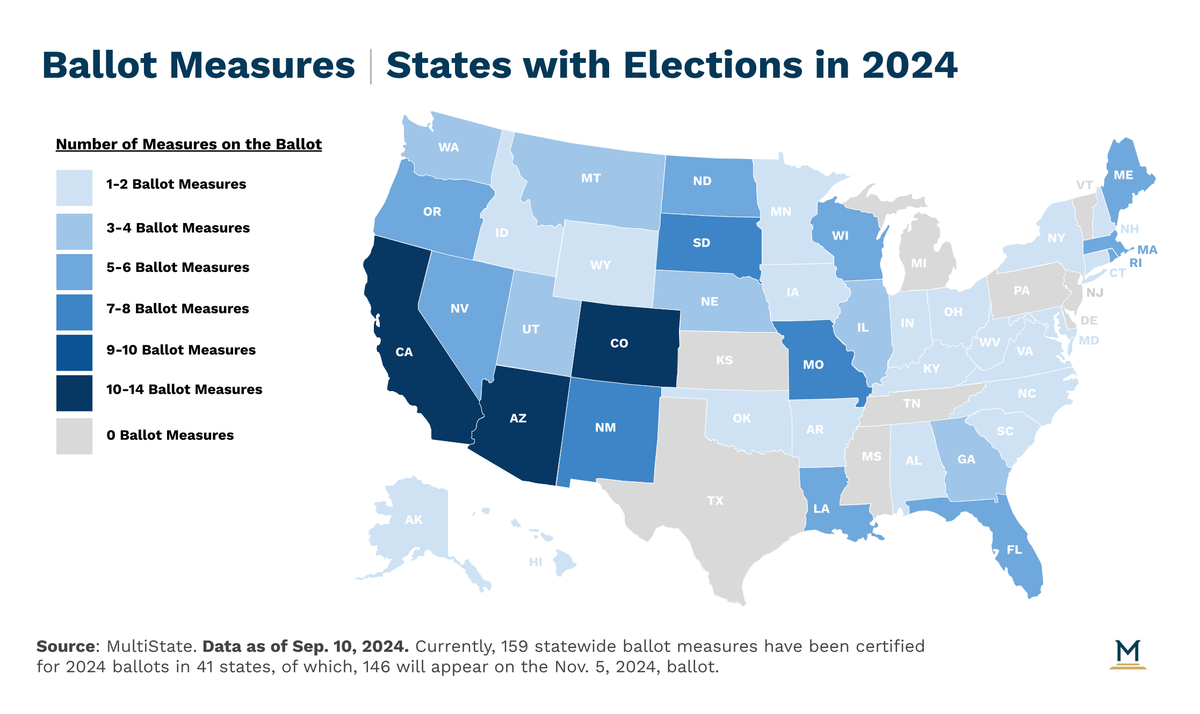
Elections & Campaigns
2026 State Elections Could Reshape Trifecta Control (States to Watch)
February 5, 2026 | Bill Kramer
September 13, 2024 | Bill Kramer
-c95fc8-1200px.jpeg)
Key Takeaways:
A few months ago, we highlighted a narrow judicial victory for voters in the ongoing clash between legislatures and voters over the power of citizen-initiated ballot measures. Utah’s state supreme court unanimously ruled in July that state lawmakers cannot infringe on the people’s right to reform government through citizen initiatives by repealing a measure after its approval by voters.

The case revolved around a 2018 voter-approved ballot measure to establish an independent redistricting commission. When lawmakers later repealed much of the independent redistricting commission before drawing their own legislative maps, supporters of the redistricting commission filed a lawsuit. But while the Court’s decision only applies to citizen initiatives that are related to “government reform,” state lawmakers wasted no time to officially react. State Republican leaders decried the decision as representing “an existential threat to the values, culture, and way of life that define our state.”
Last month, Utah lawmakers called themselves into an emergency special session specifically to address the supreme court’s decision. The legislature quickly passed a proposed constitutional amendment (UT SJR 401) that, if approved by voters in November, would override much of the Court’s ruling, dooming the independent redistricting commission that voters approved in 2018. Lawmakers also added a retroactive clause, to protect their repeal of the 2018 independent redistricting commission ballot measure.
Historically, voters have been hesitant to diminish their own power to enact citizen-initiated ballot measures. However, lawmakers in Utah were careful to obfuscate their true intentions of the ballot measure with an unrelated but likely popular provision prohibiting foreign entities from influencing future ballot initiatives. This maneuver — hiding an unpopular policy by pairing it with a popular measure — has been referred to as “ballot candy.” A federal judge recently blocked a similar law in Ohio that sought to ban foreign nationals from contributing to state ballot campaigns.
Additionally, opponents of the proposed amendment argue that the language that voters will see on the ballot is “deceptive” and have filed a lawsuit to remove it from the ballot. The language, drafted by legislators, reads (emphasis mine): “Should the Utah Constitution be changed to strengthen the initiative process by (1) Prohibiting foreign influence on ballot initiatives and referendums. (2) Clarifying the voters and legislative bodies’ ability to amend laws.” The lawsuit argues that the proposed language “seeks through deception to mislead Utah voters into surrendering their constitutional rights.”

In summary, this fight is not yet over. We’ll need to wait until at least November to see how this one plays out. Citizen-initiated ballot measures remain a major avenue to enact public policy in the 22 states that allow the practice. This year, voters will weigh in on at least 159 measures that have been certified for the statewide ballots across the country.
This article appeared in our Morning MultiState newsletter on September 10, 2024. For more timely insights like this, be sure to sign up for our Morning MultiState weekly morning tipsheet. We created Morning MultiState with state government affairs professionals in mind — sign up to receive the latest from our experts in your inbox every Tuesday morning. Click here to sign up.

February 5, 2026 | Bill Kramer

February 5, 2026 | Kerrie Zabala, Michael Greene

February 4, 2026 | Maggie Mick